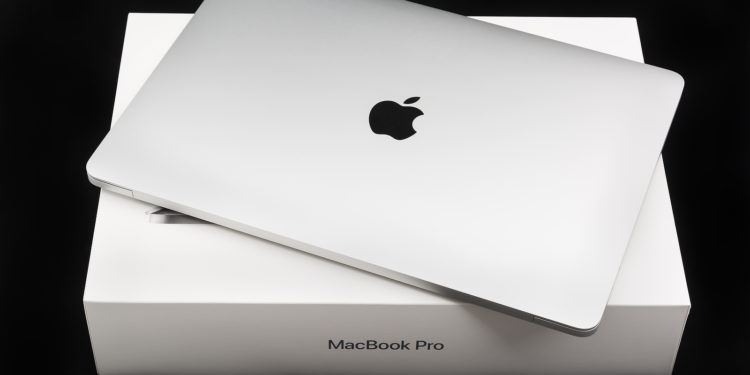Just like the original Rosetta technology, Rosetta 2 allows users to run macOS apps from one platform on another. In this case, Intel apps are translated to the ARM architecture of the M1 chip.
Apple released the third beta of macOS Big Sur 11.3 for developers yesterday released. Clues have now been discovered in the code that suggest that Apple may disable the tool in some regions. iOS developer and MacRumors contributor Steve Moser has posted his discovery on Twitter divided. According to the report, Apple has added new code to the Rosetta API that indicates the removal of this feature in some regions. "Rosetta will be removed when installing this update," the code says. Another string clarifies that Rosetta 2 will be removed from M1 Macs in some specific regions.
Rosetta is no longer available in your region. Applications that require Rosetta will no longer run.
Rosetta 2: Is Apple preparing for a fight with macOS Big Sur 11.3?
Currently, however, it does not look like Rosetta 2 has been disabled in any region. In fact, the tool is expected to remain with us for a long time. So Apple may have only included this change as a precautionary measure in order to be able to act in the event of a restriction. But what could such a restriction look like? Back in 2017, when Microsoft began working on Windows 10 for ARM, the company announced x86 app emulation, just like Apple. However, Intel threatened Microsoft by claiming that the x86 architecture has proprietary technologies and cannot be emulated on other processors without permission. Although Windows 10 ARM was able to emulate 32-bit apps of the x86 architecture, emulation of 64-bit apps was only recently added in an Insider Preview build - which could be related to Intel's patents. This means that Apple could be preparing for a similar dispute with the Rosetta 2 technology. (Photo by D_Zheleva / Bigstockphoto)





